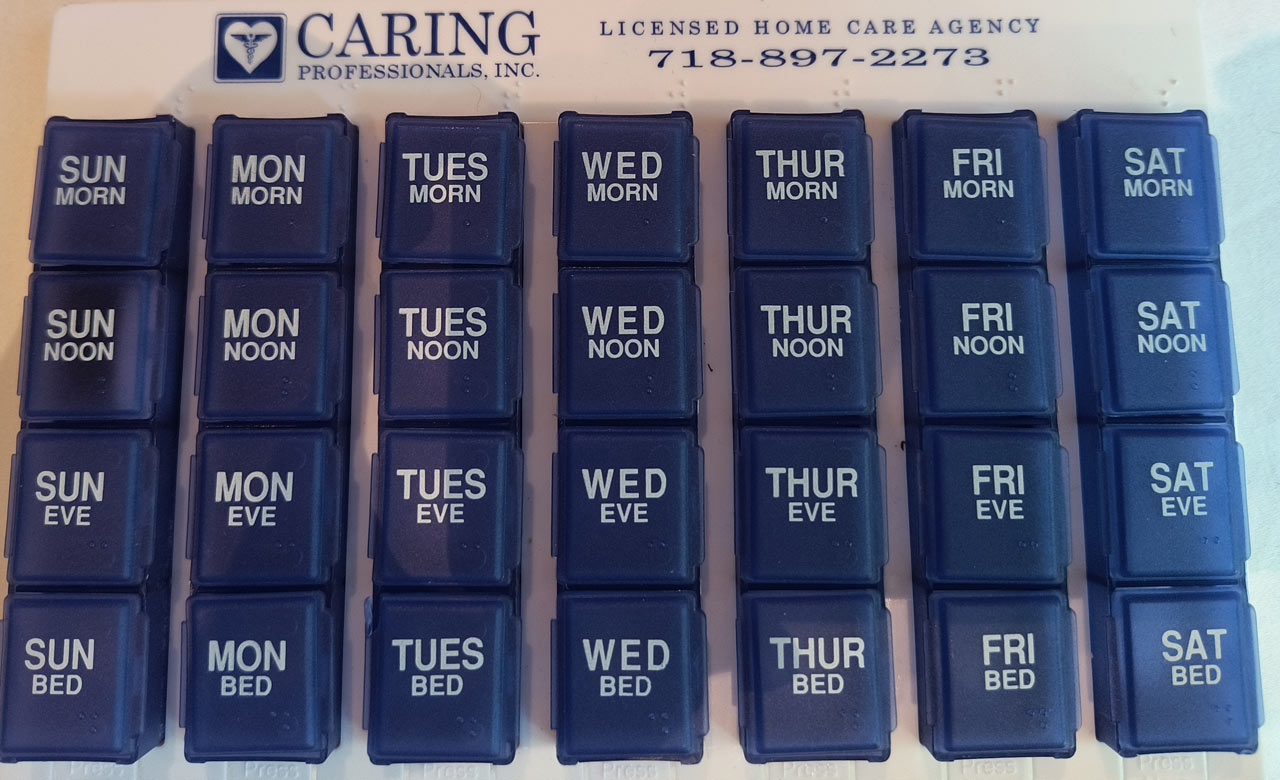The Five Most Important Documents to Have Ready If an Emergency Room Visit is Necessary
What documents do I need to bring to the emergency room?
Emergency preparedness?
It’s important to plan for emergencies. Whether you are responsible for a senior or not, preparedness for the future is crucial. It is possible that a patient will lose his or her faculties during the emergency and afterwords. Therefore, someone needs to be in charge to follow medical and financial plans previously developed. Involve an experienced attorney and a financial advisor.

Make sure you know where all important documents are. During the emergency, make sure you take along an extra cell phone for the patient, advises one senior expert. This way the patient will be able to see and communicate with loved ones even if he may be isolated.

Some of the documents specified below require an attorney to set up. Two do not. It’s vital that the financial advisor involved, adheres to the plan developed by the attorney so that the Medicaid planning can be executed. Sometimes financial advisors do not know that their actions will affect the eligibility of a senior for Medicaid. This should not be overlooked, everyone needs to be on the same page.
Please be aware that Medicaid rules for seniors are changing in the fall of 2020. Make sure to talk to Caring Professionals whose staff will be happy to assist you with Medicaid planning for your family member. We work closely with a Medicaid planning practice that is highly experienced and qualified with all necessary credentials. They not only advise but also help you set up a Pooled Income Trust. They also they also submit the Medicaid application. This is a complimentary service from Caring Professionals.

The following five items are critical, says a prominent attorney who specializes in Medicaid planning, trusts and estates.
- Last Will and Testament. This requires an attorney to finalize, preferably one that specializes in trusts and estates.
- Power of Attorney. Make sure the statutory gifts rider is part of it because it enables the agent who has the power of attorney to coordinate planning and protect the individual. This is done with a lawyer.
- Health Care Proxy. Make sure that the insertion and removal of a feeding tube is included. This can be completed without a lawyer.
- Living Will. This sets forth the health care preferences of an individual. It does not require an attorney.
- Living Trusts. This requires an attorney and is the core plan for your assets during your lifetime and after death. This will affect Medicaid eligibility so plan carefully.
Conclusion:
Although, it is vital that you know the whereabouts of these documents, so you can grab and go, it should be noted that these are all serious documents, that require planning, and a process. All of these documents have far reaching implications.






